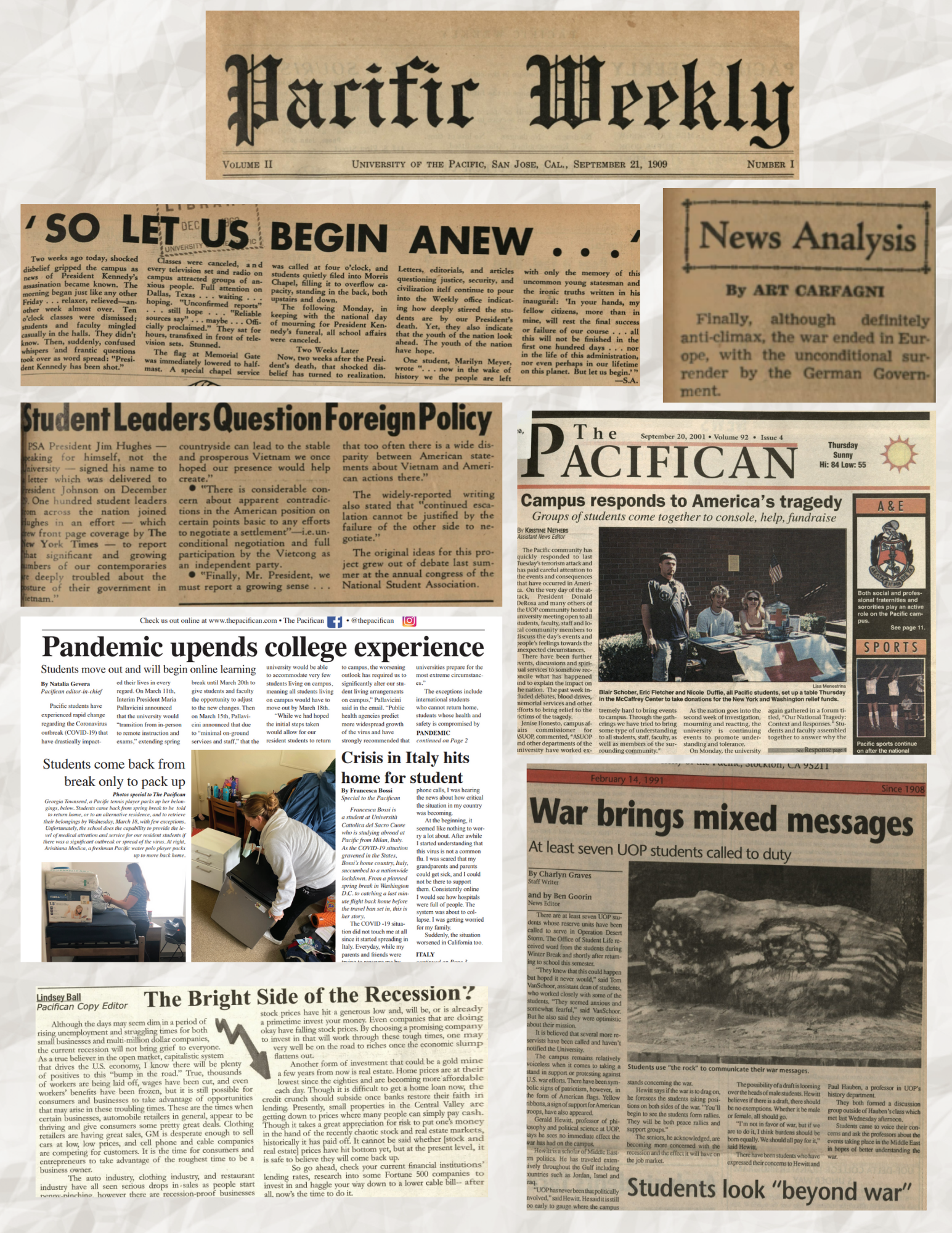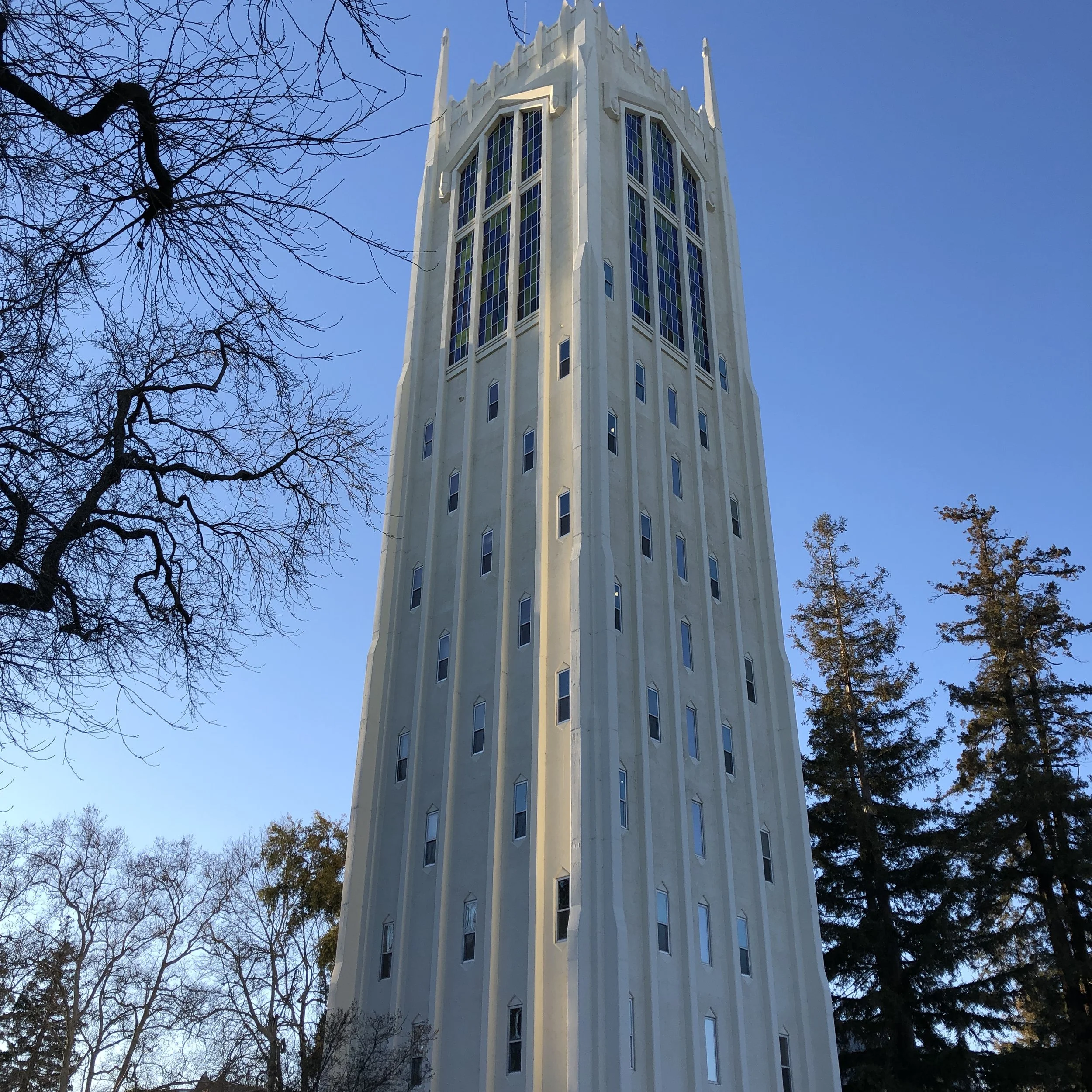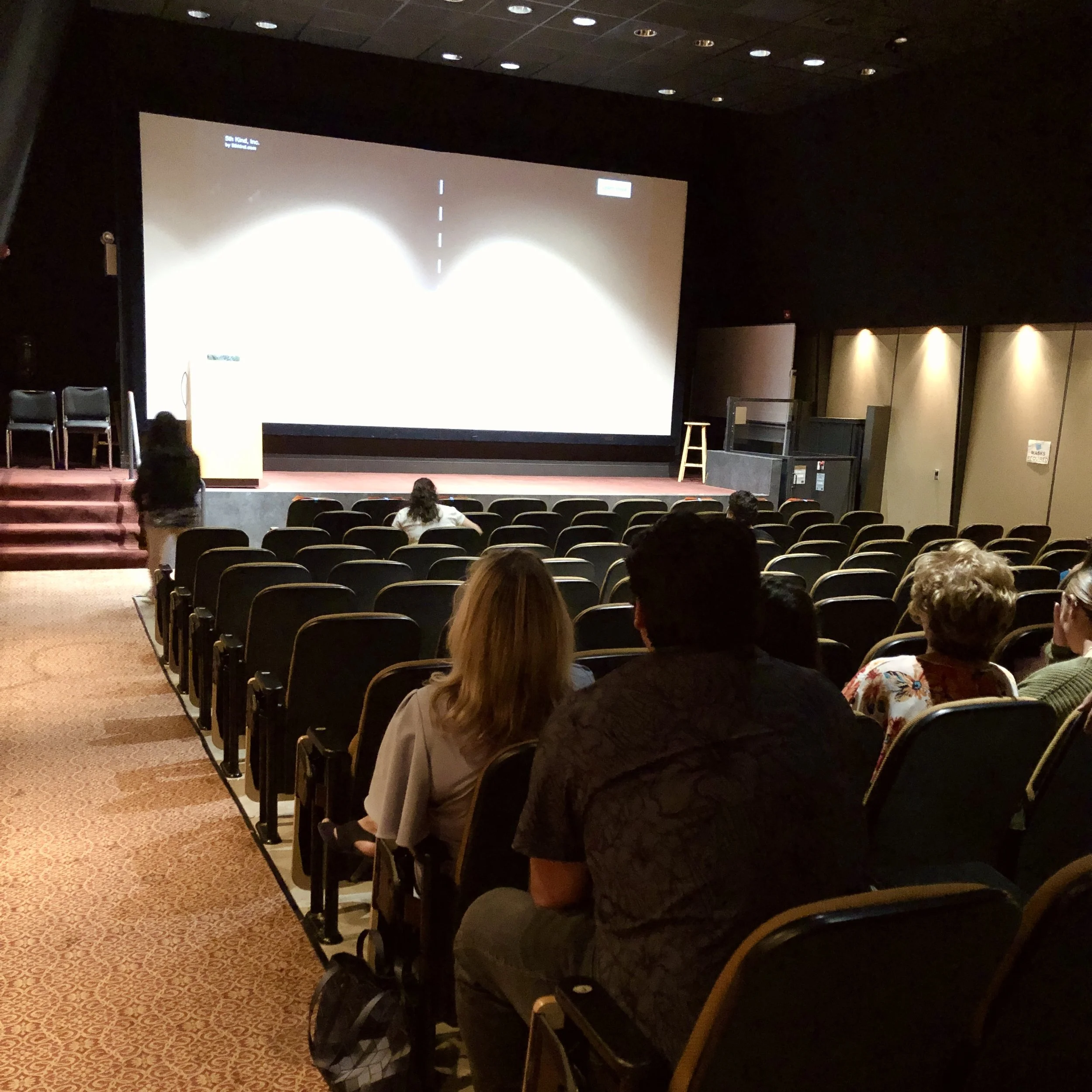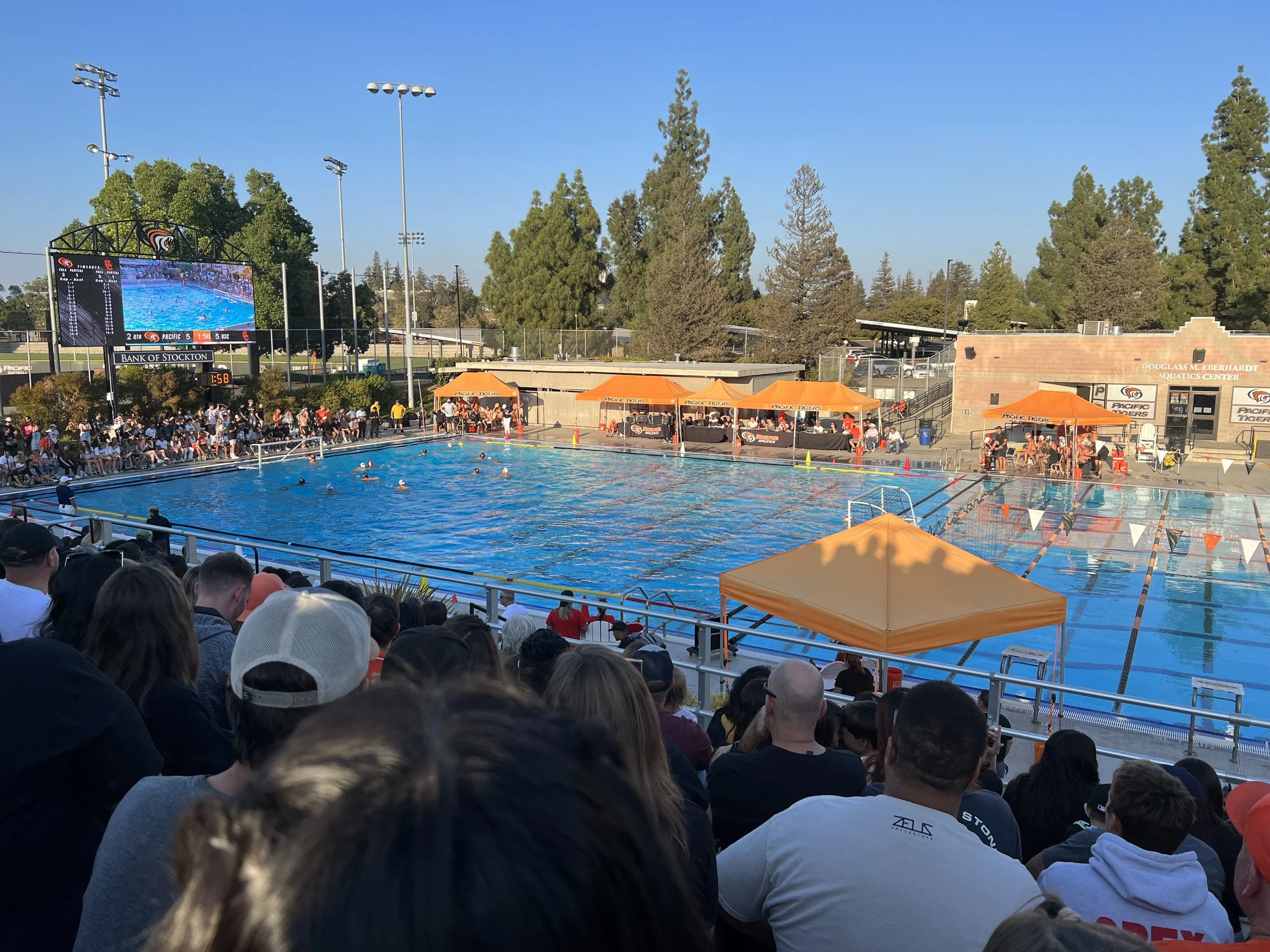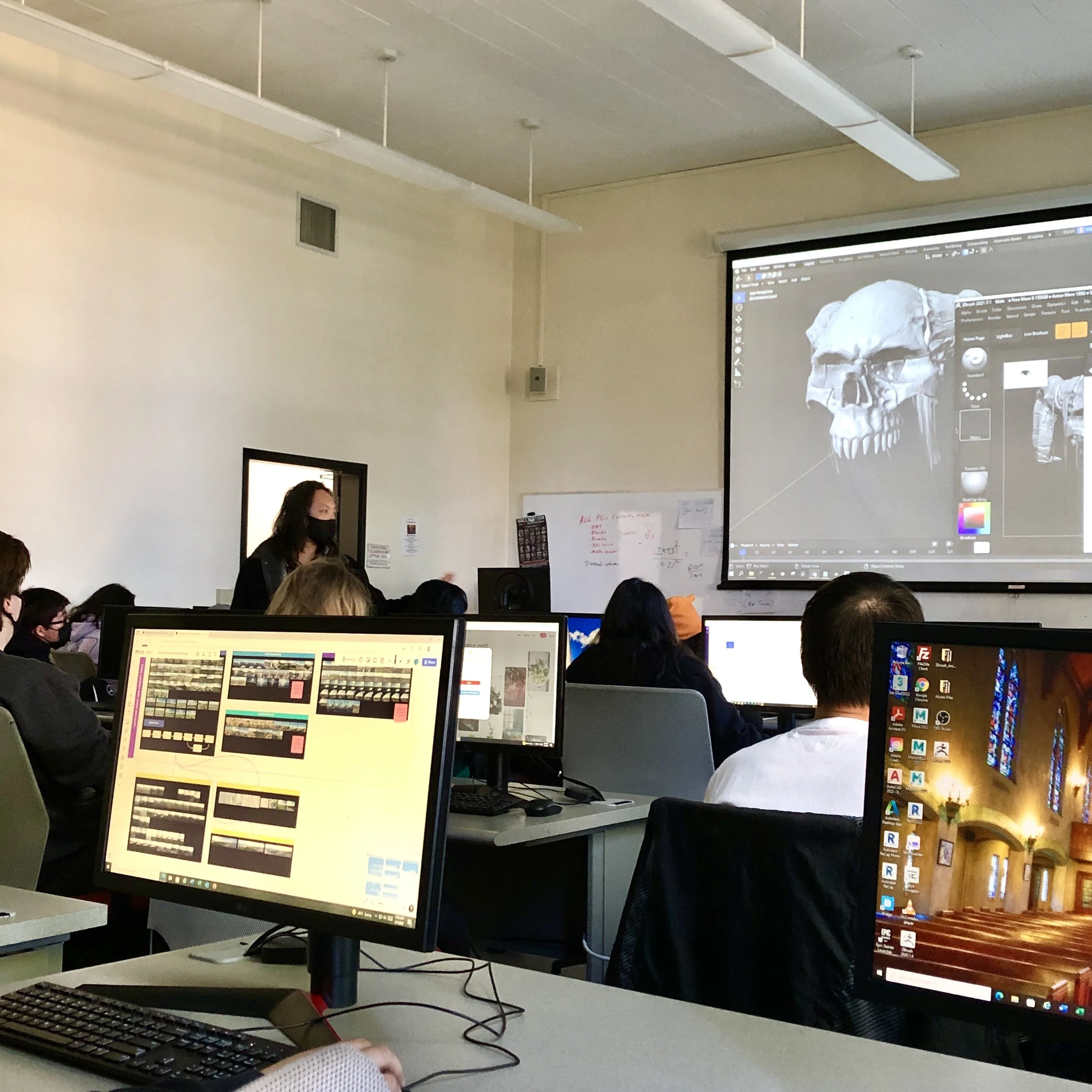The University of the Pacific’s Newspaper since 1908
New Articles:
Join Our Team Today!
It takes a lot of effort and time to keep The Pacifican up and running. Meet the people who make the magic happen behind the scenes and see if you want to be a part of it!





Sections:
Item 1 of 4









